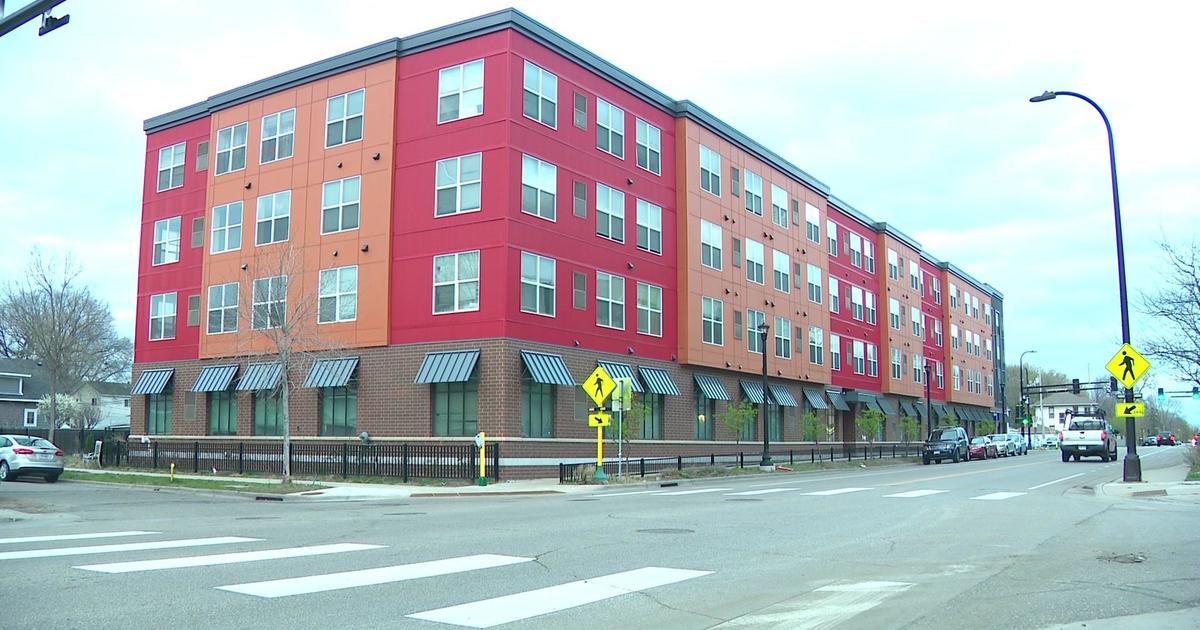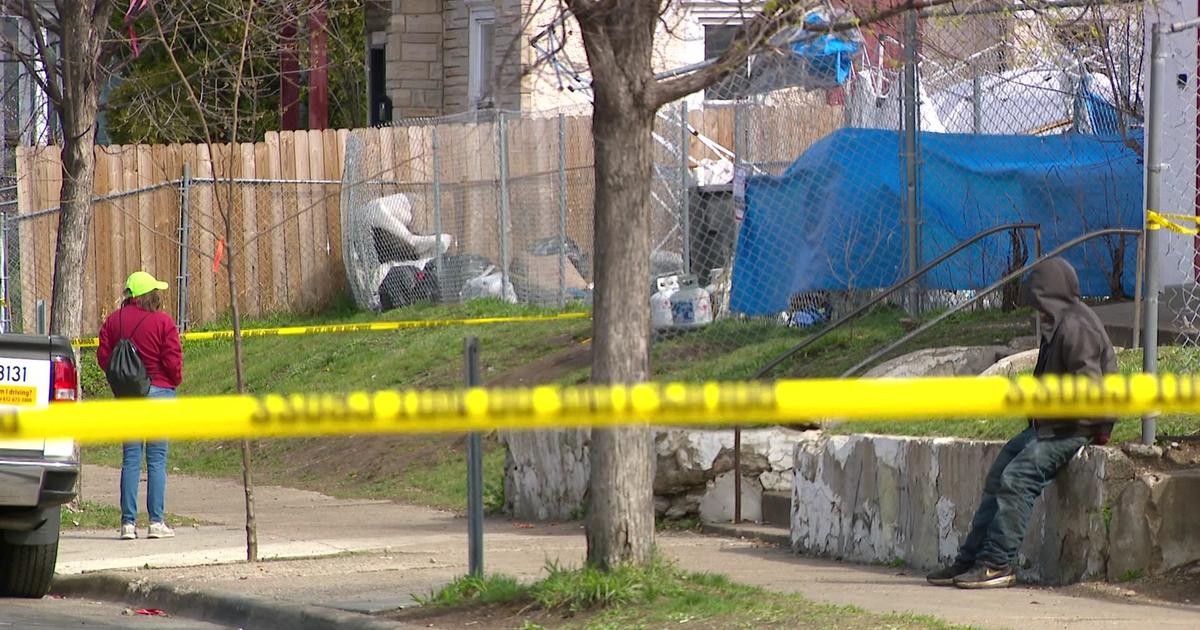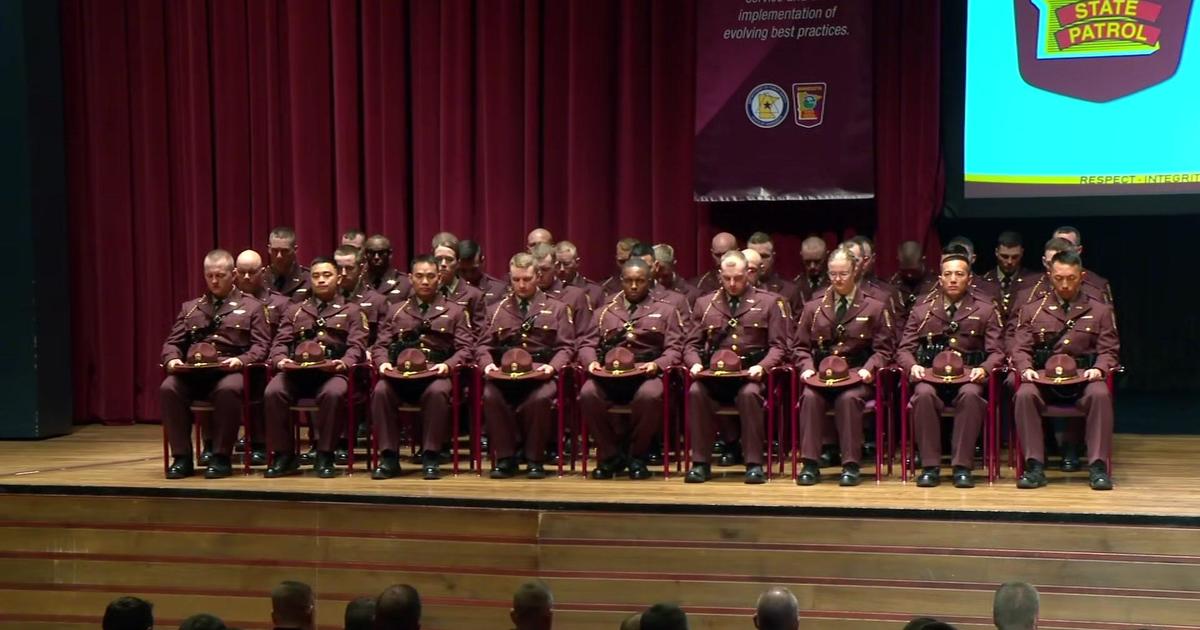Minn. Trial Reveals Details Of Life With Al-Shabab
MINNEAPOLIS (AP) — A Minnesota man who left the United States to join a terror group in Somalia told others he wanted to return to Minneapolis because a friend was sick. Instead, he was somehow talked into staying and ended up killing himself in a suicide bombing months later.
Shirwa Ahmed was among more than 20 young men who left Minnesota since 2007 to join al-Shabab, a group linked to al-Qaida that's at the center of much of the violence in Somalia.
Details about his apparent desire to leave the group in 2008 — and the experiences of others who lived in fear and secrecy while under al-Shabab's thumb — have started to emerge in the trial of another man accused of helping direct men to the cause. Two men have already testified about their time in Somalia, saying they were told to give up their names and travel documents, and one was threatened with beheading if he tried to leave.
"We were scared to death," Salah Osman Ahmed told jurors in the trial of Mahamud Said Omar, who faces five terror-related counts.
Omar's attorneys say he is not guilty. They say the government witnesses, who are awaiting sentencing in their own terror cases, are lying about Omar's role in the pipeline that carried fighters from Minneapolis to Somalia. Eighteen men have been charged in the case, but Omar is the first to go to trial.
Testimony so far in Omar's trial has revealed details about how the network of recruiters worked in Minneapolis, including who might have taken lead roles in recruiting, who had contacts in Somalia, how they arranged travel, and how they kept the plan a secret.
Shirwa Ahmed is believed to be the first U.S. citizen to carry out a suicide bombing. He took part in one of five simultaneous suicide attacks in northern Somalia on Oct. 29, 2008, when he drove an explosive-laden truck into an office of the Puntland Intelligence Service in Bosasso. The five attacks killed at least 22 people, including the suicide bombers.
Another traveler, Abdifatah Yusuf Isse, testified Shirwa Ahmed was planning to return to the U.S. months earlier, but "when he went to get his passport from al-Shabab, I guess they talked him out of it."
Isse and Salah Ahmed told similar stories about the way they ended up in Somalia. After weeks of secret meetings in Minneapolis, the two men left Minnesota in December 2007, just days apart. Minnesota has the largest Somali population in the U.S., and at least six of the travelers have died, according to the FBI and relatives.
Once in Somalia, Ahmed said he was shown a video of men shooting guns, which ended with the beheading of one man.
"They said, 'This guy is a traitor. This is what happens to guys who leave the group,'" Ahmed testified.
Isse and Ahmed were taken to a safe house in Merca. Eventually, a total of seven Minnesota men would live in the house at the same time, including Shirwa Ahmed and Omar, who stayed there for about a week. Others lived there too, including a woman who ran the house and two of her sons.
Isse said for much of the time, the men just hung out — visiting the beach, going to shops in the city, and going for coffee or tea. They sent photos of their adventures to friends back in Minnesota.
Assistant U.S. Attorney Charles Kovats said the safe house was used to vet new people and make sure they were committed to al-Shabab's radical ideology.
Isse said that in Merca, the men learned how to handle weapons, such as AK-47s and rocket-propelled grenades, but did not shoot them because they had to keep their activities secret.
Sometime after Omar left, Isse and the others were moved to Baarawe. There, each man received an AK-47 labeled with his name. Since Omar was gone, his gun was given to a local Somali man, Isse said.
Later, the men were moved to a training camp outside Kismayo, where they slept under trees and received just two meals a day, of beans and rice. One man seemed to lead the camp, while another man who was missing part of a finger was an explosives trainer. A preacher also came to visit, Isse said.
After about a week at the camp, Salah Ahmed developed a skin rash and asked to go to Kismayo for treatment. Isse asked to accompany his friend. They walked about an hour, then took a van into the city. It was during that trip that the men decided not to return to the camp, and eventually managed to make their way back to the U.S.
In Kismayo, they ran into Shirwa Ahmed, who had received a phone call from Minneapolis that one of his friends was sick, Isse said.
"We gave him $100 to take a bus to Mogadishu. Later on we heard that day they preached to him and he went back to the camp. ... The last time I spoke with him was when we met up in Kismayo. That was the last time."
Isse said Shirwa Ahmed was religious, and quiet. He was surprised to hear Shirwa Ahmed had killed himself and others. "I was with him for a while and he wasn't the type of guy to do such things," Isse said.
Court was not in session Monday. Salah Ahmed was expected to resume testifying on Tuesday.
(© Copyright 2012 The Associated Press. All Rights Reserved. This material may not be published, broadcast, rewritten or redistributed.)



